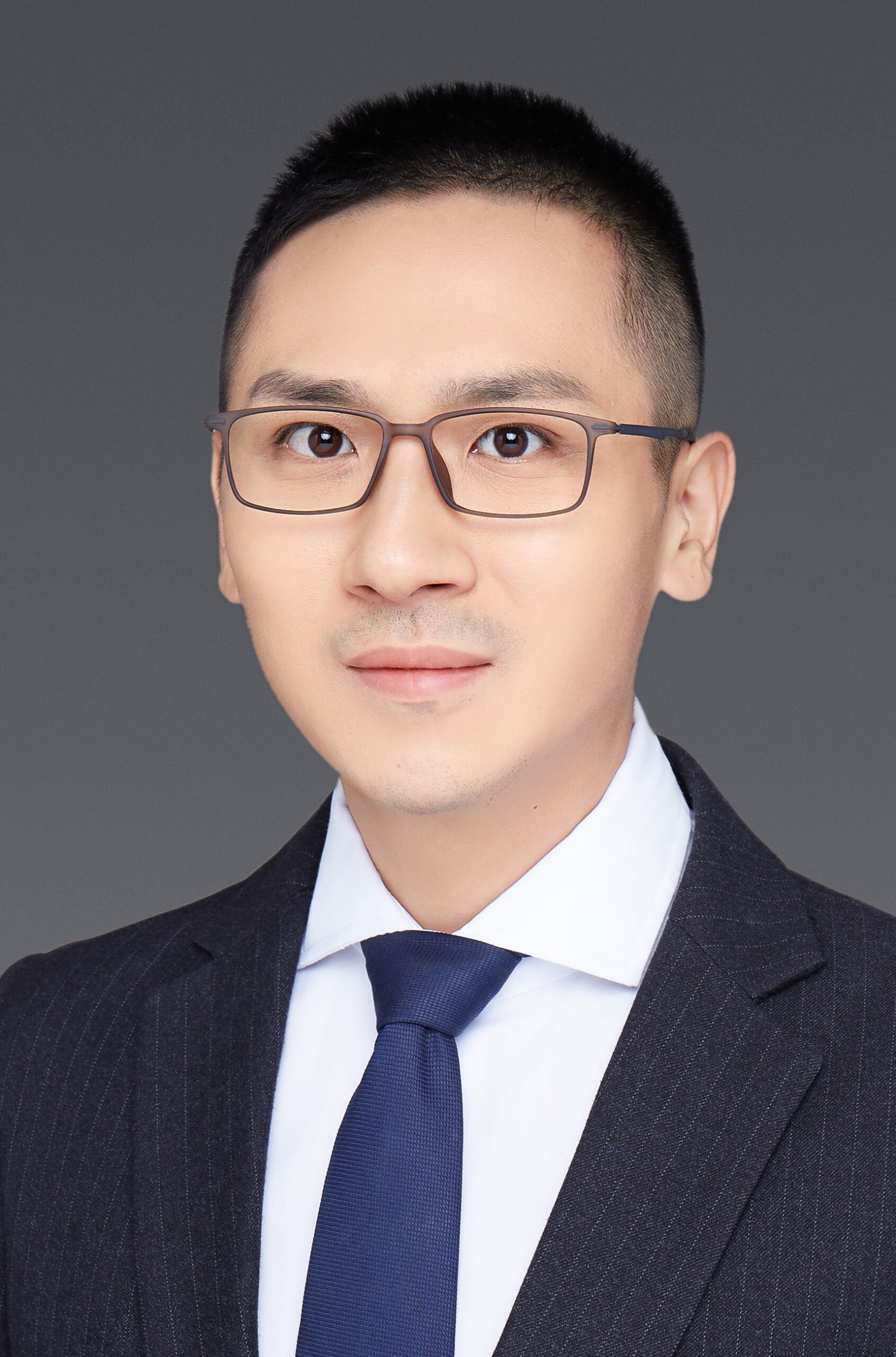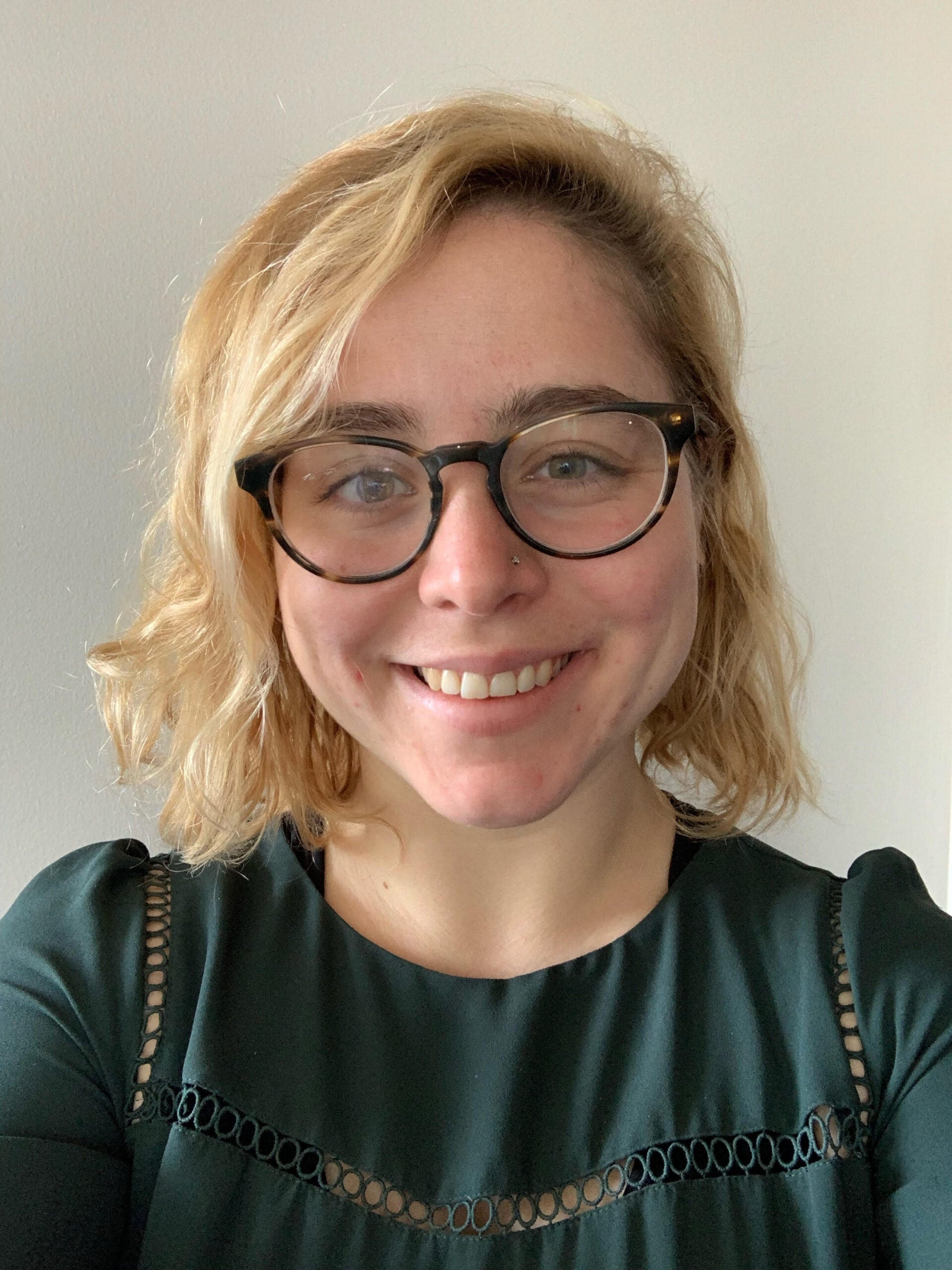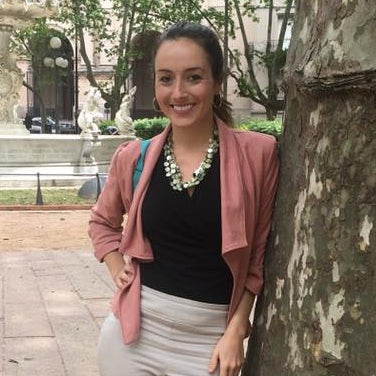My work focuses on developing mathematical models for portfolio management, such as multi-factor quantitative models.
Welcome to the stories behind our students: where passion for mathematics and statistics becomes a journey worth exploring. In this space, you’ll find reflections from people just like you: learners who sought rigor, opportunity, and transformation in Georgetown’s M.S. in Mathematics and Statistics program.
They share their experiences: moments of challenge and triumph, of late nights in problem sets and breakthroughs in statistical modeling, of professional turning points, and of how this program sharpened their ability to think, to quantify uncertainty, and to contribute meaningfully.
If you’re considering joining us, browsing these testimonials will give you more than information; you’ll get a sense of what it feels like to grow here.
In their own words…


I was an undergraduate mathematics major at Georgetown University. Upon graduation, I realized that if I was serious about practicing mathematics as a professional career, I would need at least a master’s degree…

I applied to the MAST program for its balance of theory and practical learning, focus on advanced statistical tools, and strong connections with industry professionals through its faculty and alumni network…

Your education will leave you well-prepared for the technical aspects of a beginning career in data science. Lean into learning soft human skills like empathy and communication, and you will be extremely well-placed….

It took me three years to complete the degree part-time, and it was intense, but it paid off…